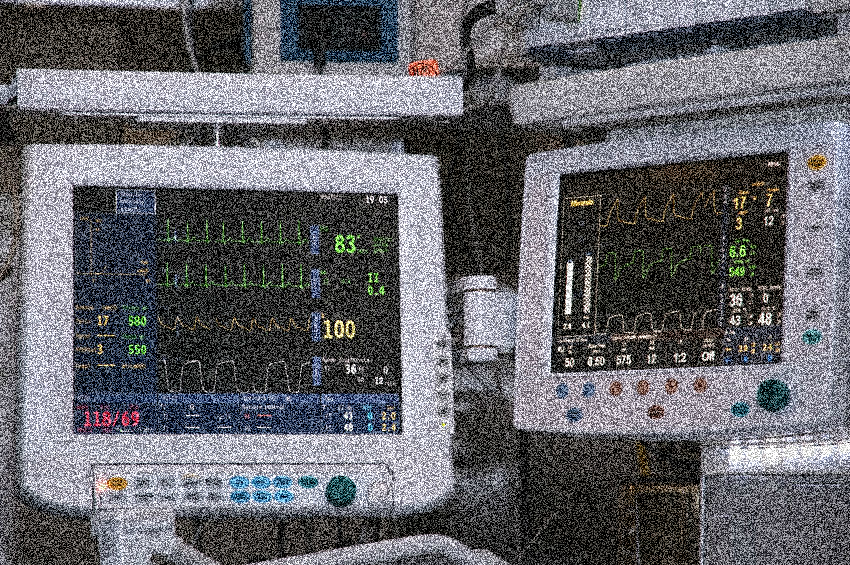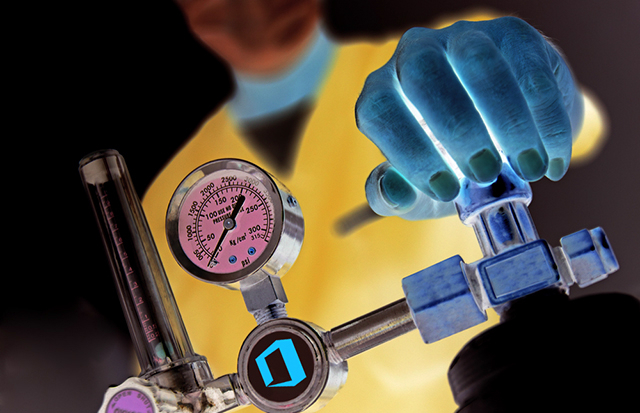Dr. Ron Tesoriero, Assistant Professor in the Department of Surgery & Associate Program Director of the Surgical Critical Care and Acute Care Surgery Fellowship at UMMC & Shock Trauma has has a thing or two to say about acute pancreatitis. These patients are by far some of the sickest in our ICU and have the potential for disaster if not managed properly. This is a must listen lecture if you are trying to help your patients avoid abdominal compartment syndrome and an open abdomen.
Podcast: Play in new window | Download
Subscribe: Apple Podcasts | RSS
Overview
- Most common causes: Gallstones, alcohol abuse, hypertriglyceridemia (beware of propofol use!)
- Acute pancreatitis causes a distributive shock (like sepsis)
- High frequency of end organ & cardiac dysfunction
- A pleural effusion is one of the strongest predictors of severe pancratitis
- ATN is common
- Encephalopathy secondary to phospholipid A2 damage
- Secondary infection is the most significant complication of severe pancreatitis
- Occurs in 40-70% of patients
- Does not occur until Phase II of disease (after week 2)
- Caused by intestinal translocation, possible reperfusion injury, pancreatic necrosis
- Enough with Ranson’s criteria!! CT Severity Index is the way to go when determining pancreatitis severity, mortality risk, & disposition
Management Pearls
- Fluids: Patients with acute pancreatitis often need A LOT of IV fluids to address their distributive shock
- Balanced crystalloid solutions are preferred
- Goal directed resuscitation is critical (lactate normalization, echo guided, use of dynamic indicators) because over resuscitation will lead to significant gut edema, intra-abdominal hypertension/abdominal compartment syndrome, renal failure, etc
- Nutrition: An important part of management where we can significantly impact outcomes
- When: Start enteral nutrition EARLY (within 48 hours of admission)
- Jejunal feeds if severe pancreatitis
- Gastric feeds can be started in mild/moderate pancreatitis – just be on the lookout for gastric outlet obstruction!
- TPN: Just don’t do it, it’s the devil’s excrement
- Antibiotics: No clear evidence to support routine prophylactic antibiotic use for acute pancreatitis.
- If you are going to empirically give, make sure to take them away once cultures come back negative
- Intra-abdominal infections often don’t occur until after week 2
- Abdominal Compartment Syndrome: Common with severe pancreatitis
- Decompress everything first (ascites, bladder, effusions)
- Prokinetic GI agents may benefit
- Possible role for early continuous renal replacement therapy
Suggested Readings
- Mentula P, Leppäniemi A. Position paper: timely interventions in severe acute pancreatitis are crucial for survival. World J Emerg Surg. 2014;9(1):15. [Free Full Text]
- Tenner S, Baillie J, Dewitt J, Vege SS. American College of Gastroenterology guideline: management of acute pancreatitis. Am J Gastroenterol. 2013;108(9):1400-15. [PubMed]
- Jiang K, Huang W, Yang XN, Xia Q. Present and future of prophylactic antibiotics for severe acute pancreatitis. World J Gastroenterol. 2012;18(3):279-84. [Free Full Text]
- Li JY, Yu T, Chen GC, et al. Enteral nutrition within 48 hours of admission improves clinical outcomes of acute pancreatitis by reducing complications: a meta-analysis. PLoS ONE. 2013;8(6):e64926. [Free Full Text]



